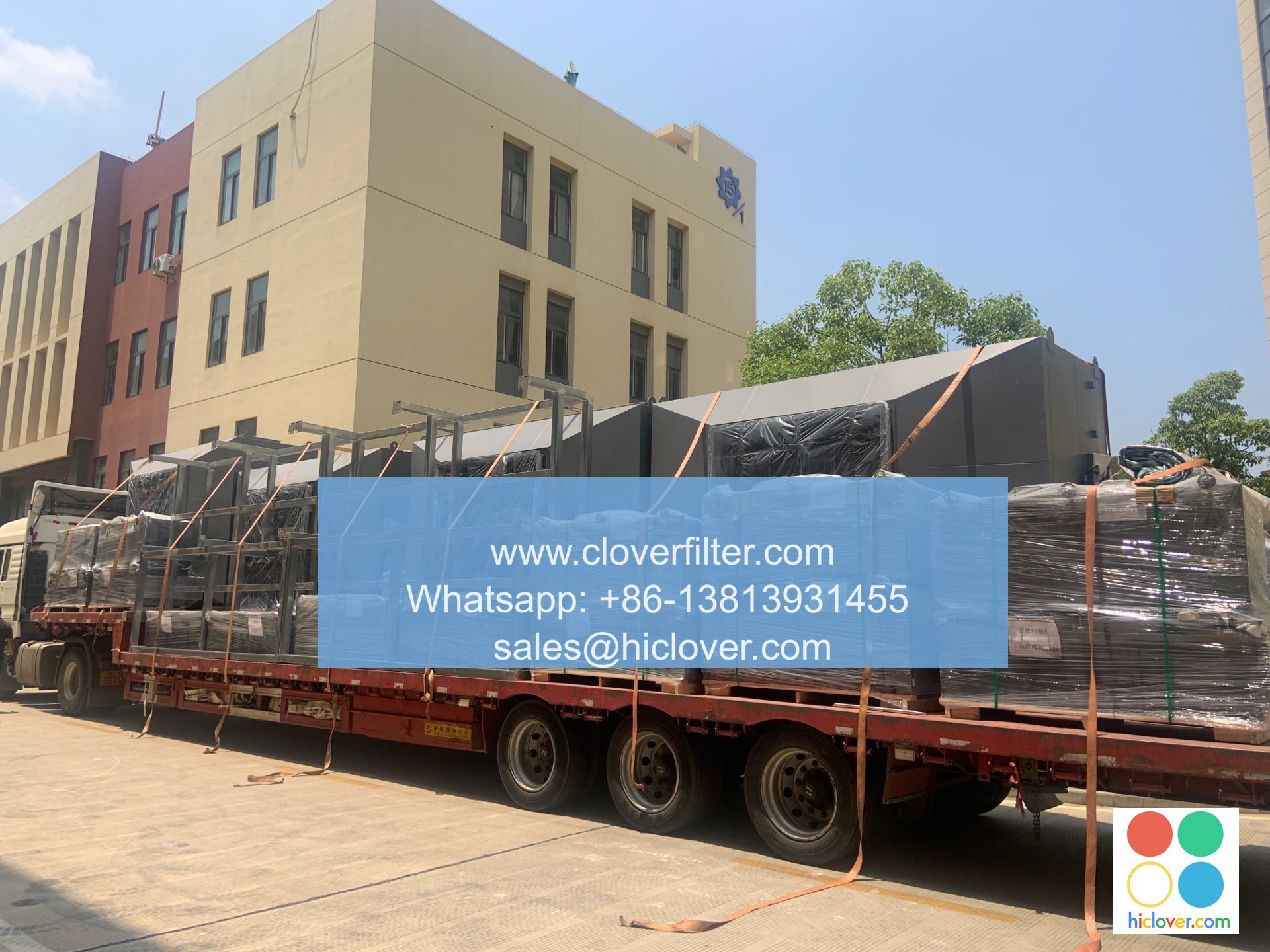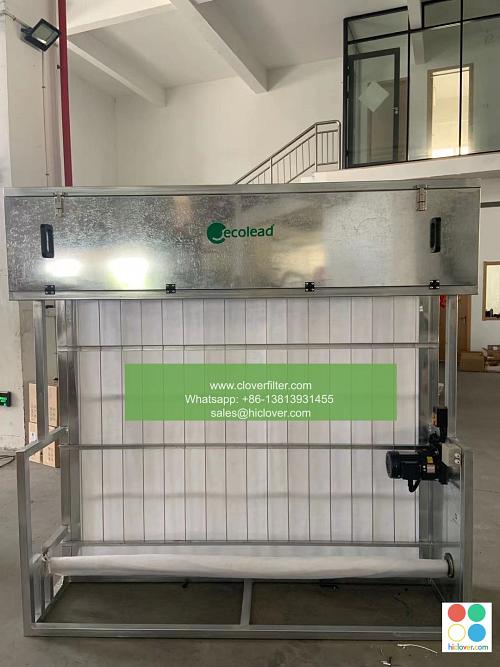Air Filter Selection Guide: Choosing the Right Filter for Your Needs

Selecting the right air filter for your specific needs can be a daunting task, especially with the numerous options available in the market. In this article, we will provide a comprehensive guide to help you choose the best air filter for your application, whether it’s for residential, commercial, or industrial use. We will highlight various key aspects to consider, including indoor air quality, air purification systems, and filtration efficiency.
Understanding Air Filter Types
There are several types of air filters available, each with its unique characteristics and applications. Some of the most common types of air filters include:
* HEPA filters (High Efficiency Particulate Air filters), which are designed to capture 99.97% of particles as small as 0.3 microns, making them ideal for allergy sufferers and asthma patients.
* Activated carbon filters, which are designed to capture odors, gases, and chemicals, making them ideal for industrial applications and commercial kitchens.
* Pleated filters, which are designed to capture larger particles, making them ideal for residential use and light commercial applications.
Application Areas
Air filters are used in various application areas, including:
* Residential air filtration, where they are used to improve indoor air quality and reduce
* Commercial air filtration, where they are used to improve workplace air quality and reduce absenteeism and productivity losses.
* Industrial air filtration, where they are used to capture hazardous particles and chemicals, and improve worker safety and equipment protection.
* Healthcare air filtration, where they are used to capture infectious particles and bacteria, and improve patient outcomes and infection control.
Key Considerations
When selecting an air filter, there are several key considerations to keep in mind, including:
* Filtration efficiency, which refers to the filter’s ability to capture particles of a certain size.
* Airflow rate, which refers to the amount of air that can pass through the filter per unit time.
* Pressure drop, which refers to the decrease in air pressure across the filter.
* Maintenance costs, which refer to the cost of replacing or cleaning the filter.
Conclusion
Choosing the right air filter for your needs can be a complex task, but by considering the key aspects outlined in this guide, you can make an informed decision. Whether you’re looking for a residential air filter, commercial air filter, or industrial air filter, there are numerous options available to suit your specific needs. Remember to consider factors such as filtration efficiency, airflow rate, and maintenance costs to ensure you get the best value for your money. By selecting the right air filter, you can improve indoor air quality, reduce

